.png)
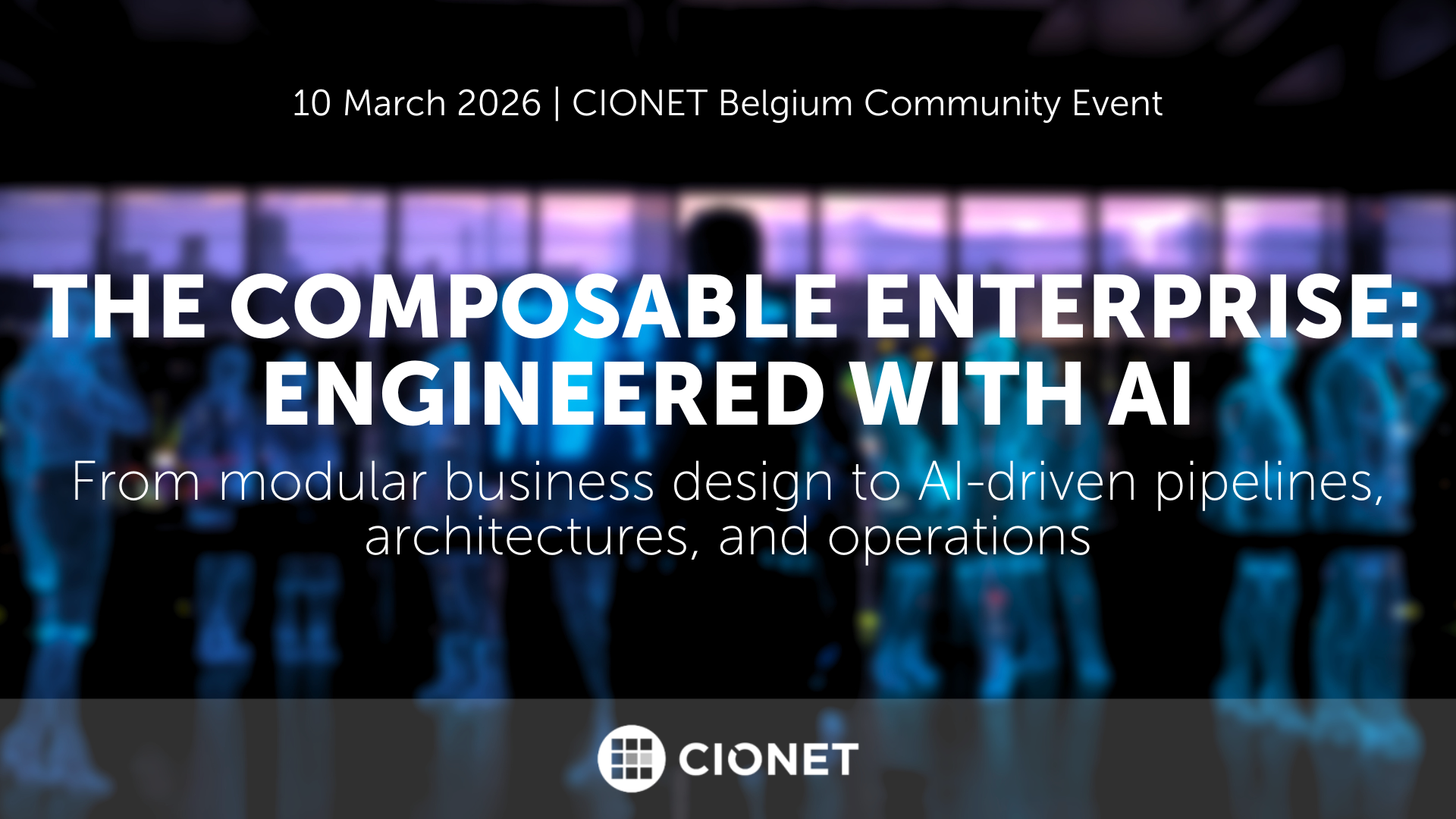
Belgium 10-3-26 All Members Physical english
From modular business design to AI-driven pipelines, architectures, and operationsA composable enterprise is built on modular processes, API-driven ecosystems, low-code platforms, and cloud-native services. It promises speed and adaptability by allowing organisations to reconfigure their capabilities as conditions change. However, modular design alone does not guarantee resilience; the way these systems are engineered and operated is just as important.This is where AI is beginning to make a difference. Beyond generating snippets of code, AI is already influencing how entire systems are developed and run: accelerating CI/CD pipelines, improving test coverage, optimising Infrastructure-as-Code, sharpening observability, and even shaping architectural decisions. These changes directly affect how quickly new business components can be deployed, connected, and retired.In this session, we will examine how CIOs can bring these two movements together:Composable design is the framework for flexibility and modularity.AI-augmented engineering is the force that delivers the speed, quality, and intelligence needed to sustain it.The pitfalls of treating them in isolation: composability that collapses under slow engineering cycles, or AI that only adds complexity without a modular structure.The discussion goes beyond concepts to practical implications: how to architect organisations that can be recomposed at speed, without losing control or reliability. The outcome is an enterprise that is not only modular in design but also engineered to adapt continuously under real-world conditions.
Read More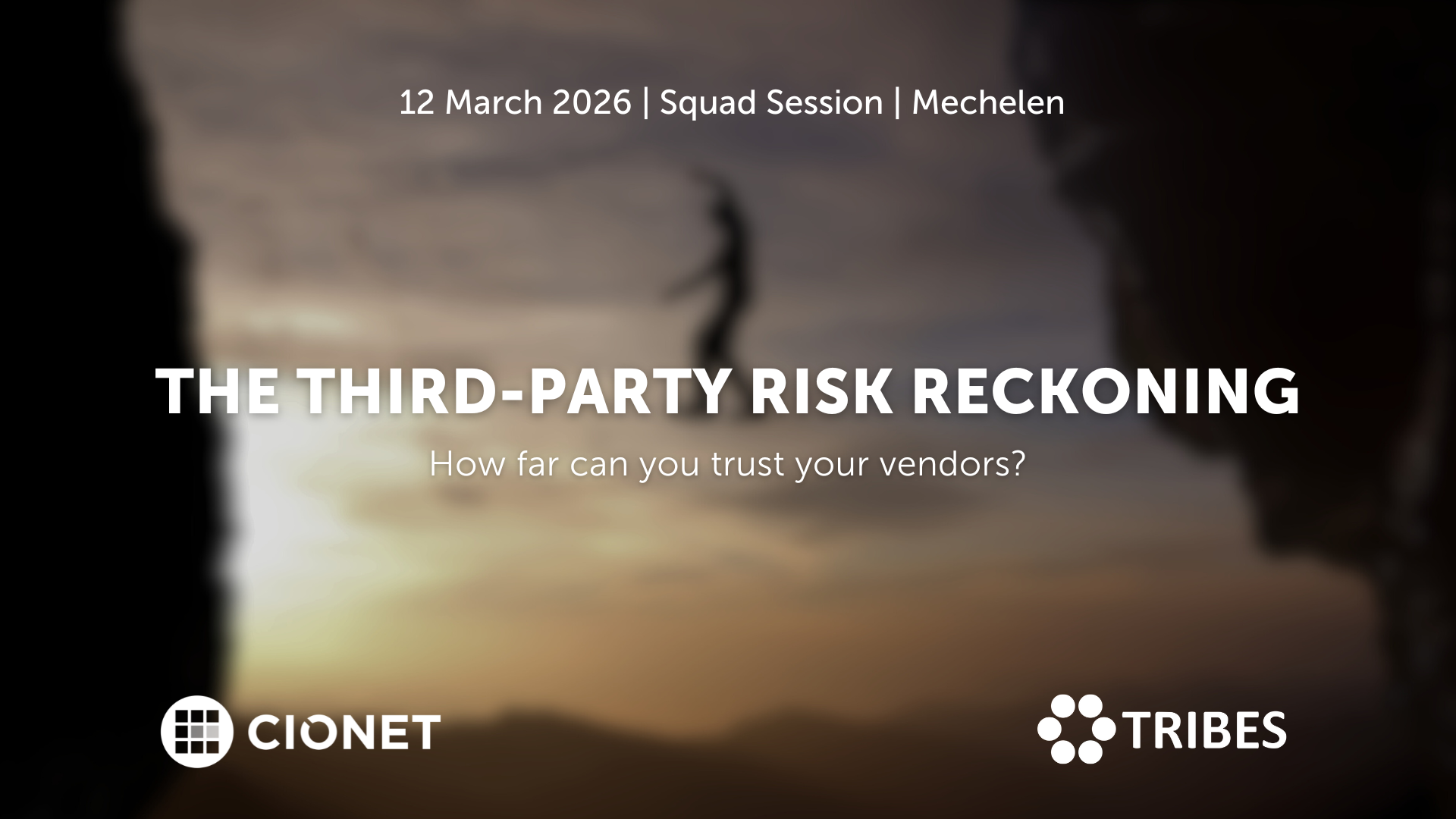
Belgium 12-3-26 Physical english
Tomato! Tomato! Tomato! Get your tomato now! Every vendor sells security. And every company depends on vendors, partners, and suppliers. The more digital the business becomes, the longer that list grows, and so does the attack surface. One weak link, and there is always one, or one missed update, and trust collapses faster than any firewall can react. What used to be a procurement checklist has become a full-time discipline. Questionnaires, audits, and endless documentation prove that everyone’s “compliant,” yet incidents keep happening. So it’s clear: the issue isn’t lack of policy, or maybe a bit, but mostly lack of visibility. Beyond a certain point, even the most secure organisation is only as safe as its least prepared partner (or an employee who hadn’t had their morning coffee). So how far can you trust your vendors? How do you check what you can’t control? And when does assurance become theatre instead of protection? Does it come at a different cost? Let’s exchange what works and what fails in third-party risk management: live monitoring, shared responsibility models, contractual levers, and the reality of building trust in a chain you don’t own. A closed conversation for those redefining what partnership means when risk is shared but accountability isn’t.
Read More.jpg)
Belgium 19-3-26 Country Members Physical french
Moins de Partenaires : La consolidation vaut-elle le risque ? Le problème est la prolifération des fournisseurs : trop d'outils causant de la complexité, une taxe d'intégration paralysante et de la redondance. La Taxe d'Intégration est le coût caché (en temps, en échecs et en ressources) d'essayer de faire fonctionner ensemble des systèmes disparates. Cet échange se concentre sur des stratégies éprouvées pour simplifier de manière agressive le parc technologique, consolider les fournisseurs et élever certains fournisseurs clés au rang de partenaires stratégiques.
Read More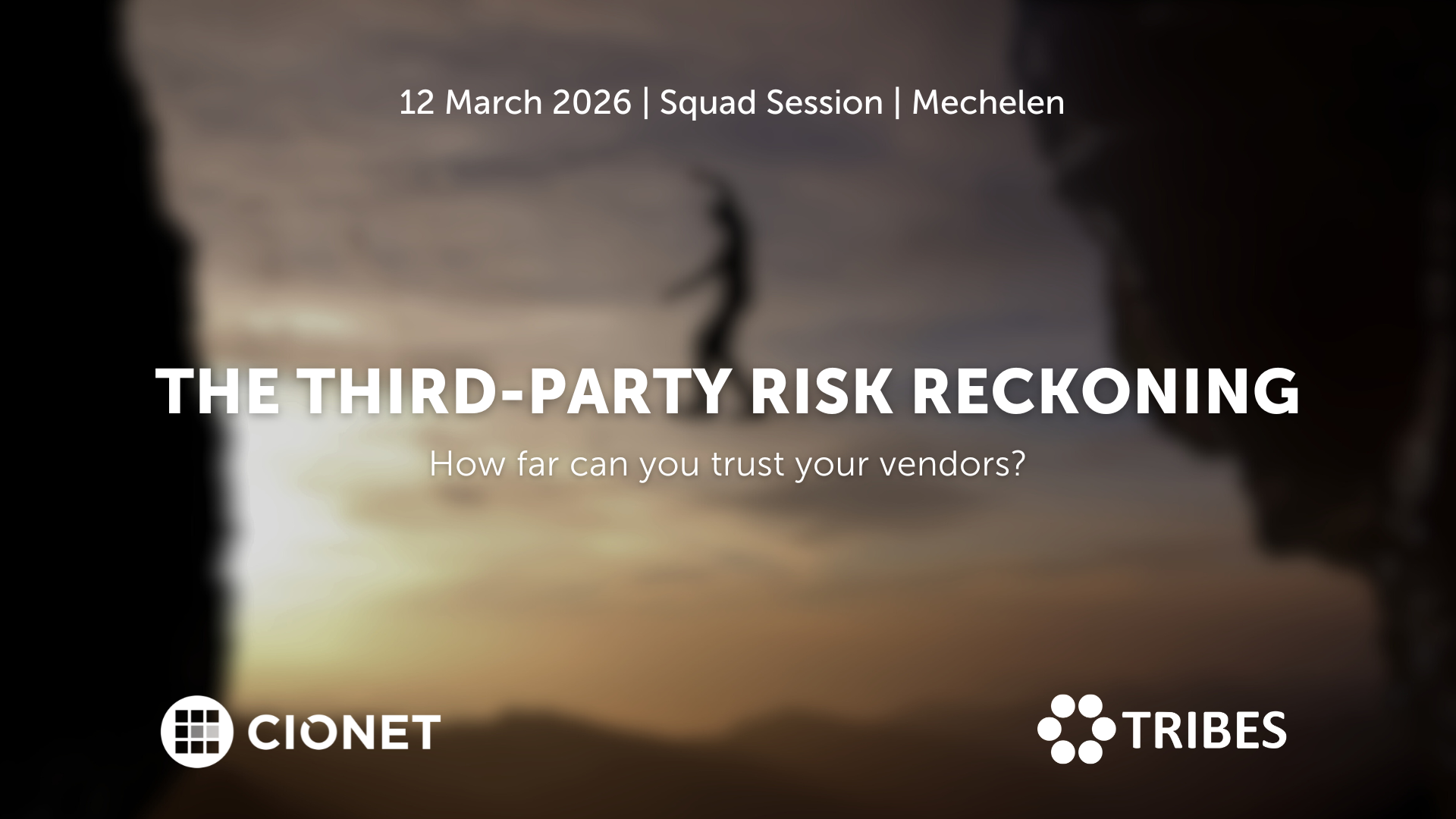
March 12, 2026 Squad Session Invitation Only Physical english
Tomato! Tomato! Tomato! Get your tomato now! Every vendor sells security. And every company depends on vendors, partners, and suppliers. The more digital the business becomes, the longer that list grows, and so does the attack surface. One weak link, and there is always one, or one missed update, and trust collapses faster than any firewall can react.
Read More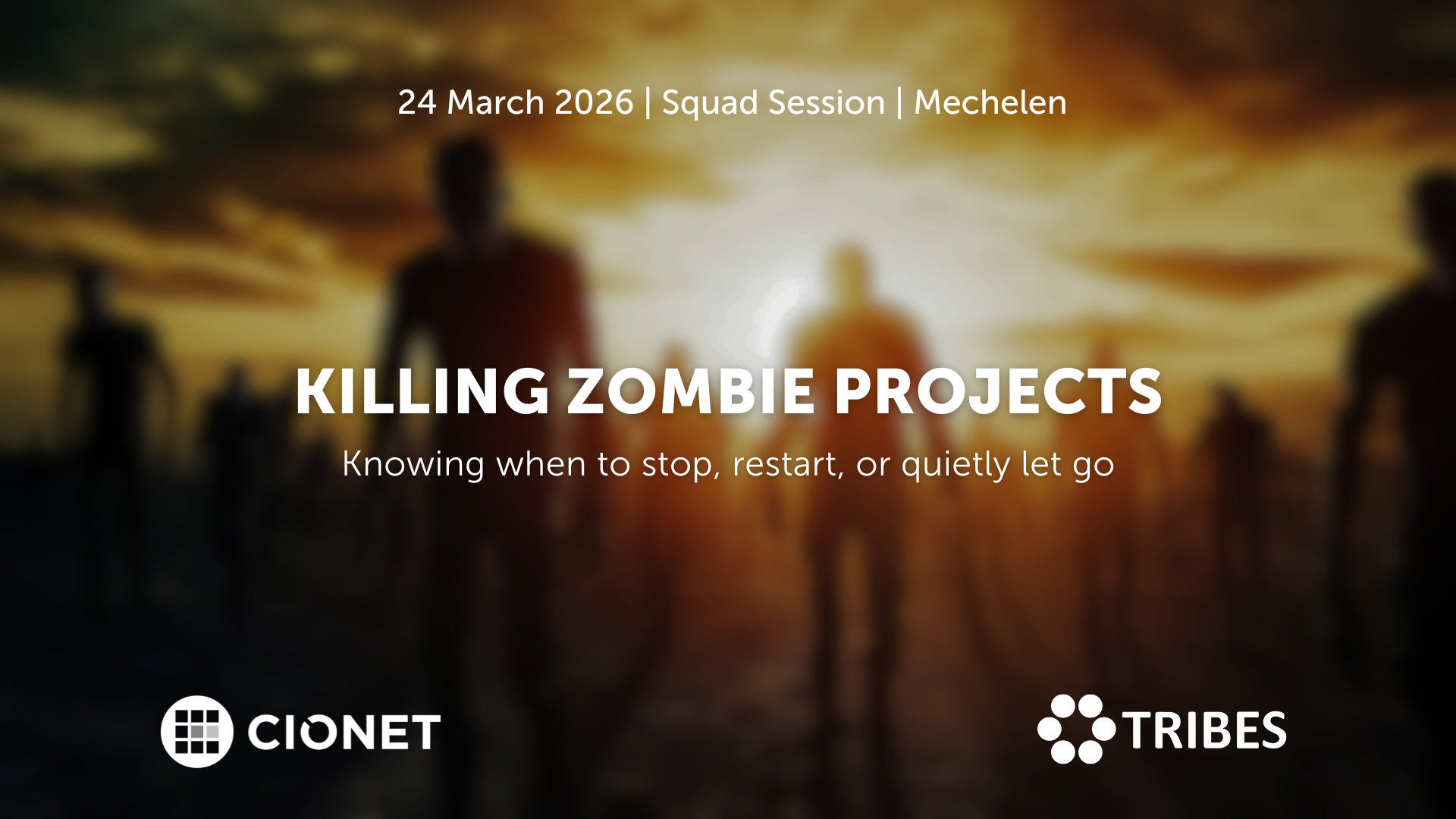
March 24, 2026 Squad Session Invitation Only Physical english
Every organisation has them, projects that keep running long after their purpose has faded. No one remembers who asked for them, but shutting them down feels riskier than keeping them alive. And eventually, people stay assigned, budgets stay allocated, and energy drains into work that no longer matters. Inertia at its finest.
Read More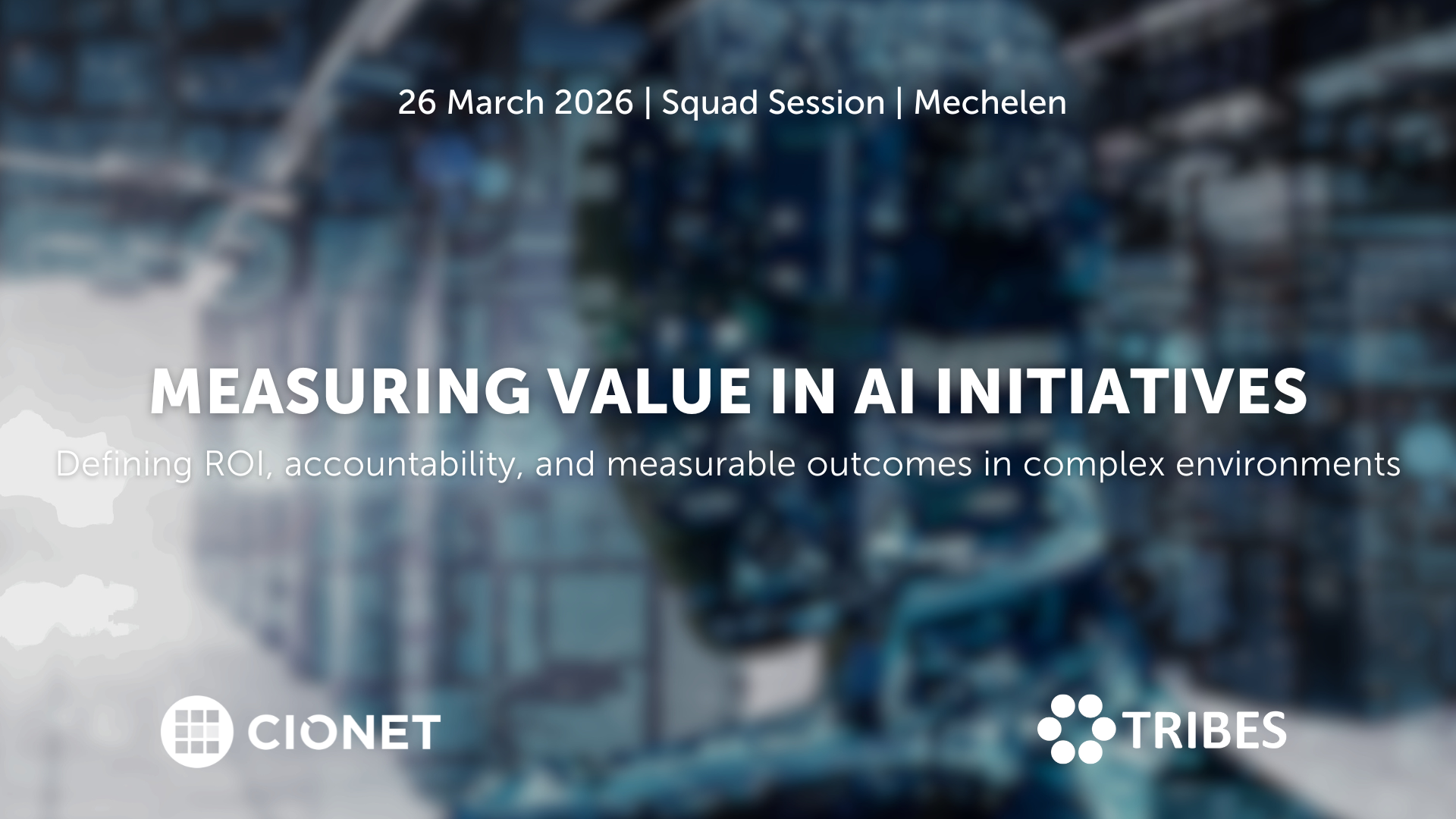
March 26, 2026 Squad Session Invitation Only Physical english
AI projects continue to multiply, but proving their value remains difficult. Most organisations can track activity, not impact. Dashboards count pilots and models, yet few translate to measurable business outcomes. The result is familiar: success stories without clarity on what they actually delivered.
Read More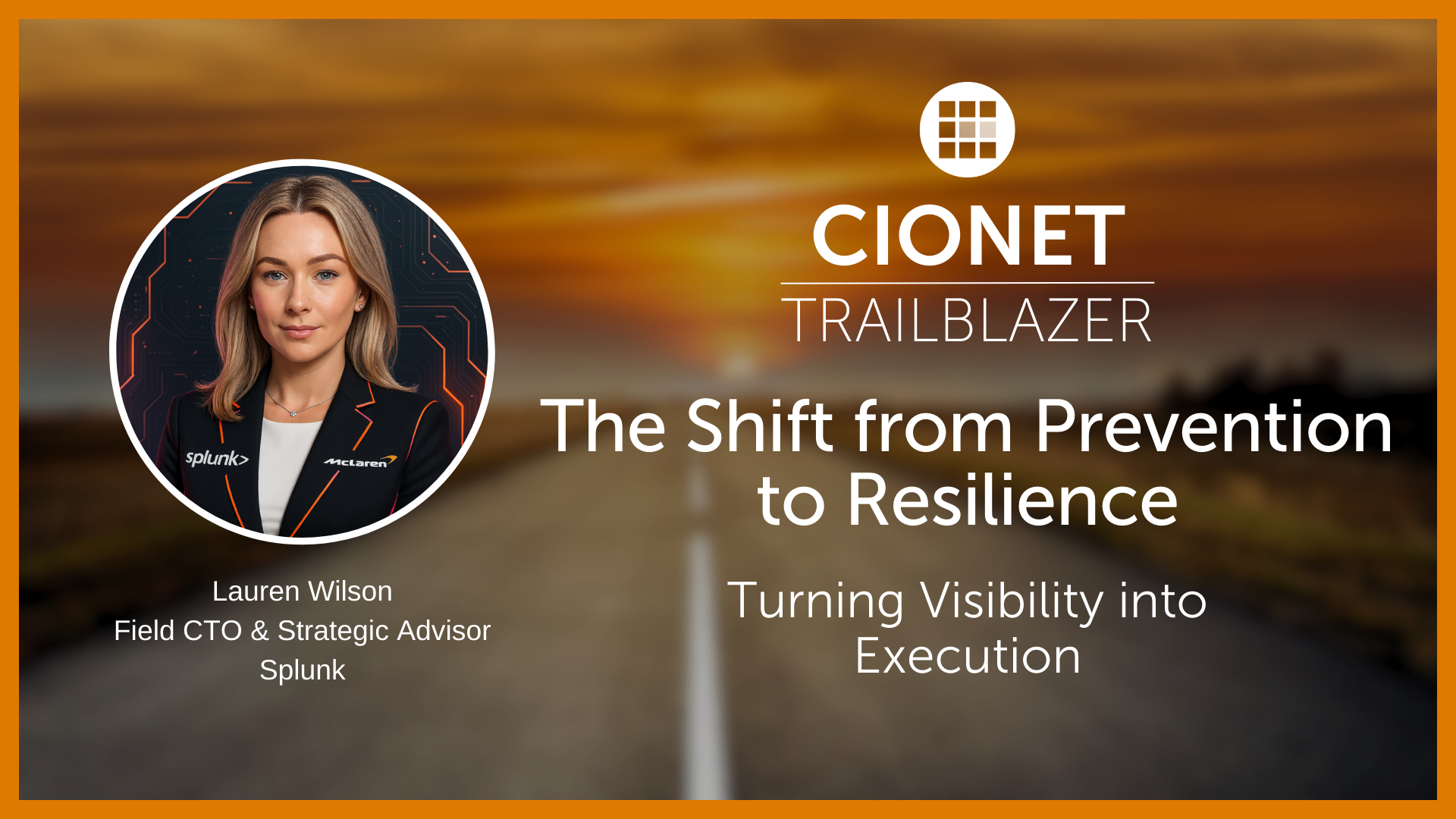
CIONET Trailblazer: CISO: The Shift from Prevention to Resilience: Turning Visibility into Execution
Published on: January 28, 2026 @ 9:48 AM
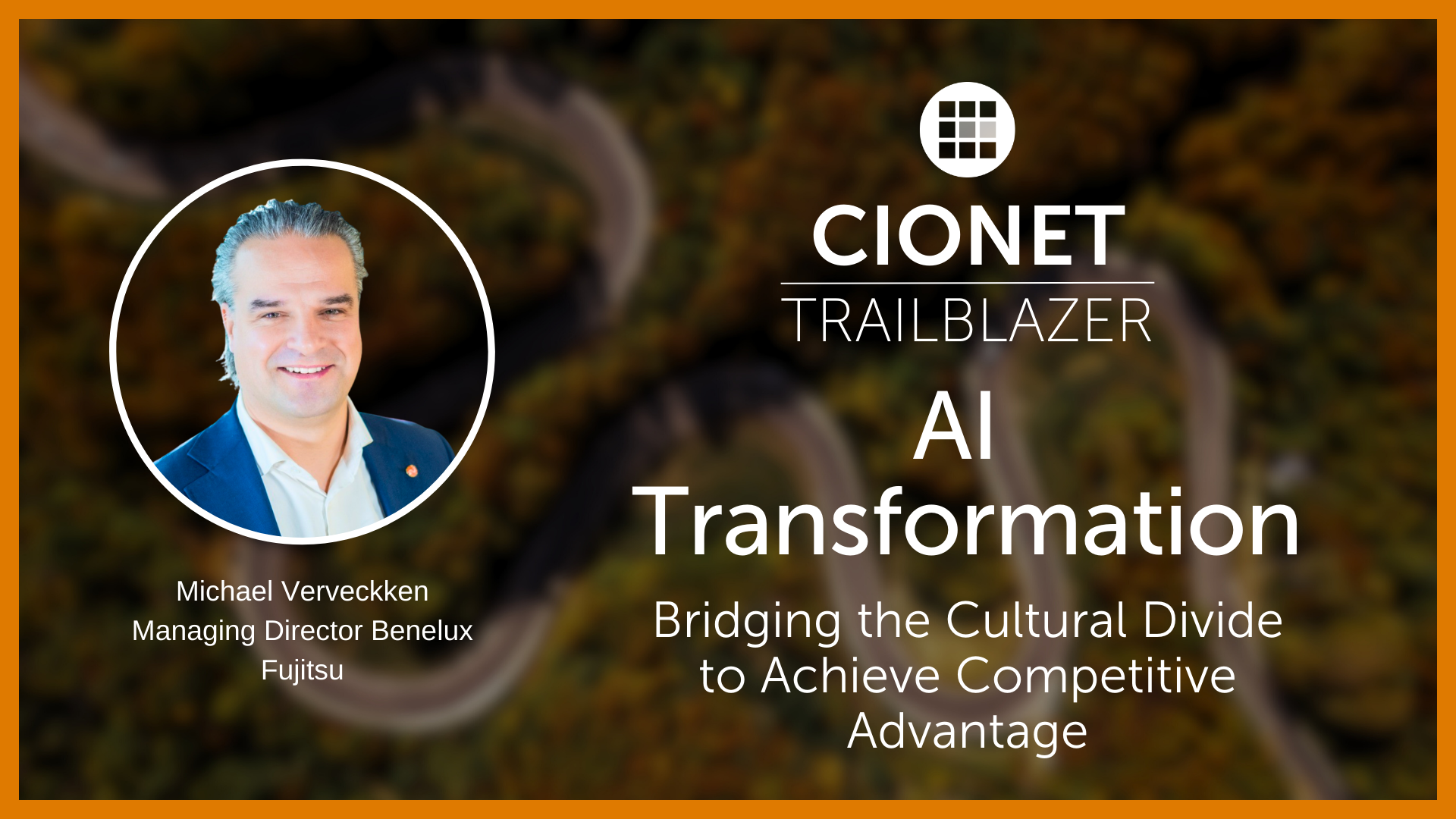
CIONET Trailblazer: AI Transformation: Bridging the Cultural Divide to Achieve Competitive Advantage
Published on: December 17, 2025 @ 9:16 AM
Paf’s engineering team creates 85 custom GPTs to surge developer productivity
Paf adopted ChatGPT Enterprise across its entire company, with engineers using custom GPTs on a daily basis to speed up routine development tasks. Paf also integrated ChatGPT Enterprise into the grit:lab coding academy. 70% of Paf employees actively use ChatGPT Enterprise, spanning business teams like finance, HR, marketing, and customer support.
Paf is an international gaming company founded in 1966 in the Åland Islands by the Red Cross, Save the Children, and Folkhälsan, and is an industry leader in responsible gaming. With around 315 employees from 29 countries, Paf has contributed over 447.5 million euros to benefit society since it was founded.
As an organization committed to staying ahead of the technology curve, Paf recognized the transformative potential of AI early on. When generative AI began gaining traction, the company swiftly adopted and evaluated various AI systems to understand how this technology could propel its employees and business operations forward.
In their search for the ideal generative AI solution, Paf experimented with LLAMA, Claude and GPT-4. When the team conducted head-to-head accuracy and cost comparisons, GPT-4 was 25% more accurate than competitors, without being more expensive. Paf decided to use GPT-4 as its AI solution.

Paf rolled out ChatGPT Enterprise to the entire team of 100 developers, and now finds ChatGPT Enterprise indispensable for their daily tasks. “I use ChatGPT 20 times a day for tasks like boilerplate code creation or learning a new programming language,” says frontend developer Krista Koivisto. In addition to using ChatGPT Enterprise for general coding assistance, the engineering team has created over 85 custom GPTs to support specific use cases.
One of the engineering team’s favorite applications of custom GPTs is a suite of specialized coding GPTs that help streamline the development process, from creating backend infrastructure to generating frontend components:
Swagger GPT converts Swagger JSON API definitions into TypeScript service endpoint definitions per Paf’s coding standards.
TypeScript GPT writes the backend service code using the endpoint definitions, reusing existing session validation functions.
GraphQL Nexus GPT generates GraphQL Nexus schemas, integrating existing helper functions to interact with the frontend.
Relay GPT creates the React Relay hooks using GraphQL Nexus schemas for communicating with our backends.
React GPT writes React components using Paf’s React and TypeScript style guidelines and core component library.
Swagger GPT converts Swagger JSON API definitions into TypeScript service endpoint definitions per Paf’s coding standards.
TypeScript GPT writes the backend service code using the endpoint definitions, reusing existing session validation functions.
GraphQL Nexus GPT generates GraphQL Nexus schemas, integrating existing helper functions to interact with the frontend.
Relay GPT creates the React Relay hooks using GraphQL Nexus schemas for communicating with our backends.
React GPT writes React components using Paf’s React and TypeScript style guidelines and core component library.
“Focused GPTs avoid overloading models and curb hallucinations,” says Koivisto. “We automatically generate functioning boilerplate implementations with far less effort.” By chaining tailored GPTs together instead of relying on the general model, Paf's developers can quickly generate accurate, standardized application flows and APIs nearly automatically.
Building on its success with the development team’s custom GPTs, Paf has integrated ChatGPT Enterprise into the grit:lab coding academy to accelerate training for 65 aspiring developers. Grit:lab students use ChatGPT for a variety of coding-related tasks, including:
Understanding new programming concepts
Debugging code errors efficiently
Learning syntax and structure across different languages
Generating test data quickly
This AI-augmented software development approach is creating a new breed of software developer, one who has more systems architect knowledge from the start. “Using ChatGPT, the junior developers think at a higher, systematic level,” says Kim Gripenberg, a DevOps engineer, noting that both grit:lab students and junior developers at Paf progress years faster with AI assistance. Instead of getting bogged down in syntax errors and coding basics, developers can focus on the overall application and system design.

In the next year, Paf plans to fully integrate ChatGPT Enterprise and the OpenAI API into all of its processes. “AI is here to stay. Either you are on the train,” says Fredrik Wiklund, Chief Technology Officer, “or you are back at the station, watching it leave.” The company envisions GPTs eventually handling more coding tasks like writing, testing, and deploying software, freeing up developers to focus on higher-level, systems-level work.
This AI-augmented approach will allow Paf to innovate with a velocity similar to that of a much larger company. By integrating generative AI into every part of its business, Paf is set to maximize its positive impact for employees, customers, and communities it serves.
“We estimate ChatGPT is doing the equivalent work of 12 full time employees,” commented Wiklund. “The impact to our business has exceeded our expectations, and this is only the start.”

643 Views 0 Likes Read More
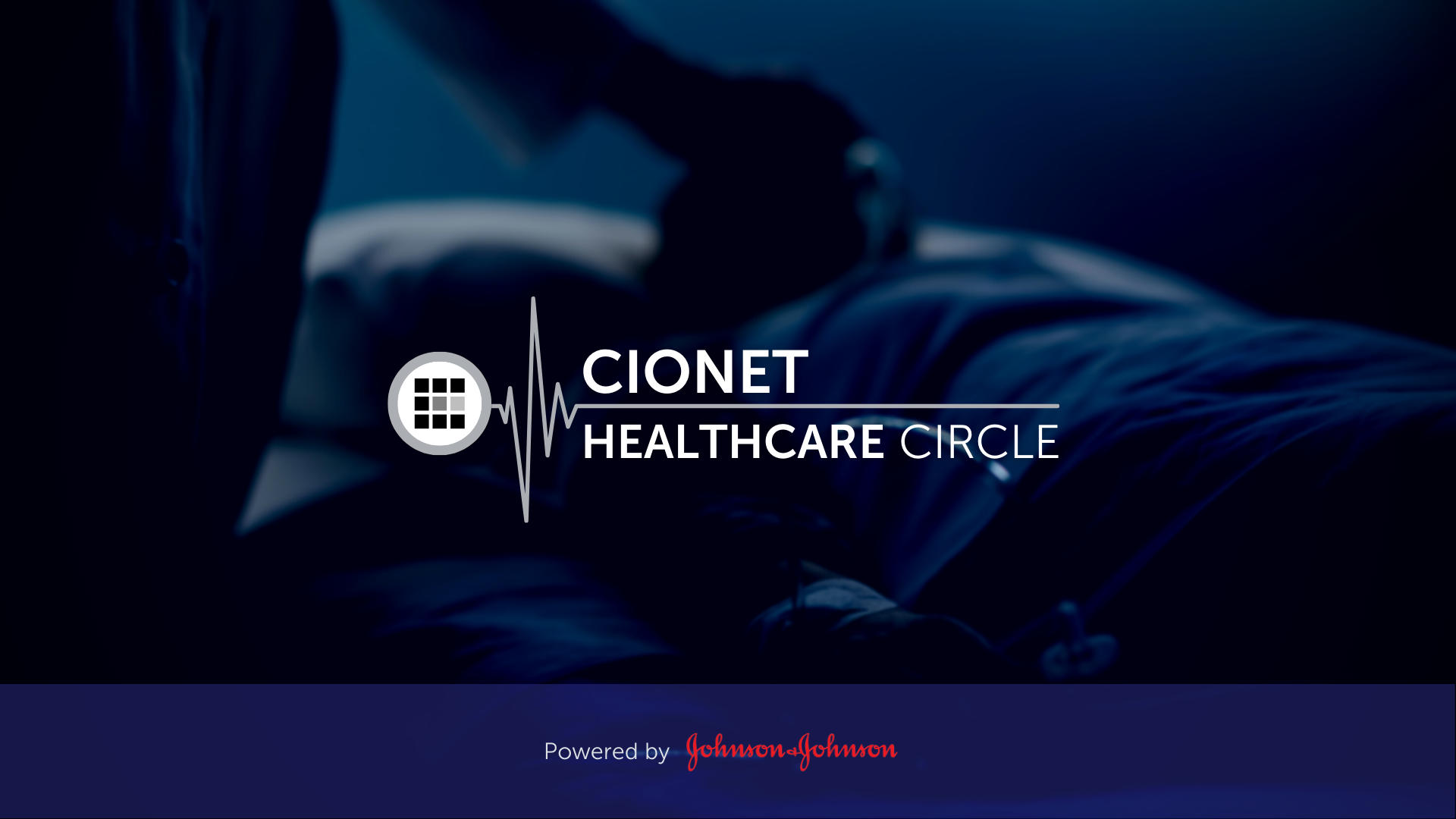
Digital Transformation is redefining the future of health care and health delivery. All stakeholders are convinced that these innovations will create value for patients, healthcare practitioners, hospitals, and governments along the patient pathway. The benefits are starting from prevention and awareness to diagnosis, treatment, short- and long-term follow-up, and ultimately survival. But how do you make sure that your working towards an architecturally sound, secure and interoperable health IT ecosystem for your hospital and avoid implementing a hodgepodge of spot solutions? How does your IT department work together with the other stakeholders, such as the doctors and other healthcare practitioners, Life Sciences companies, Tech companies, regulators and your internal governance and administrative bodies?
Read More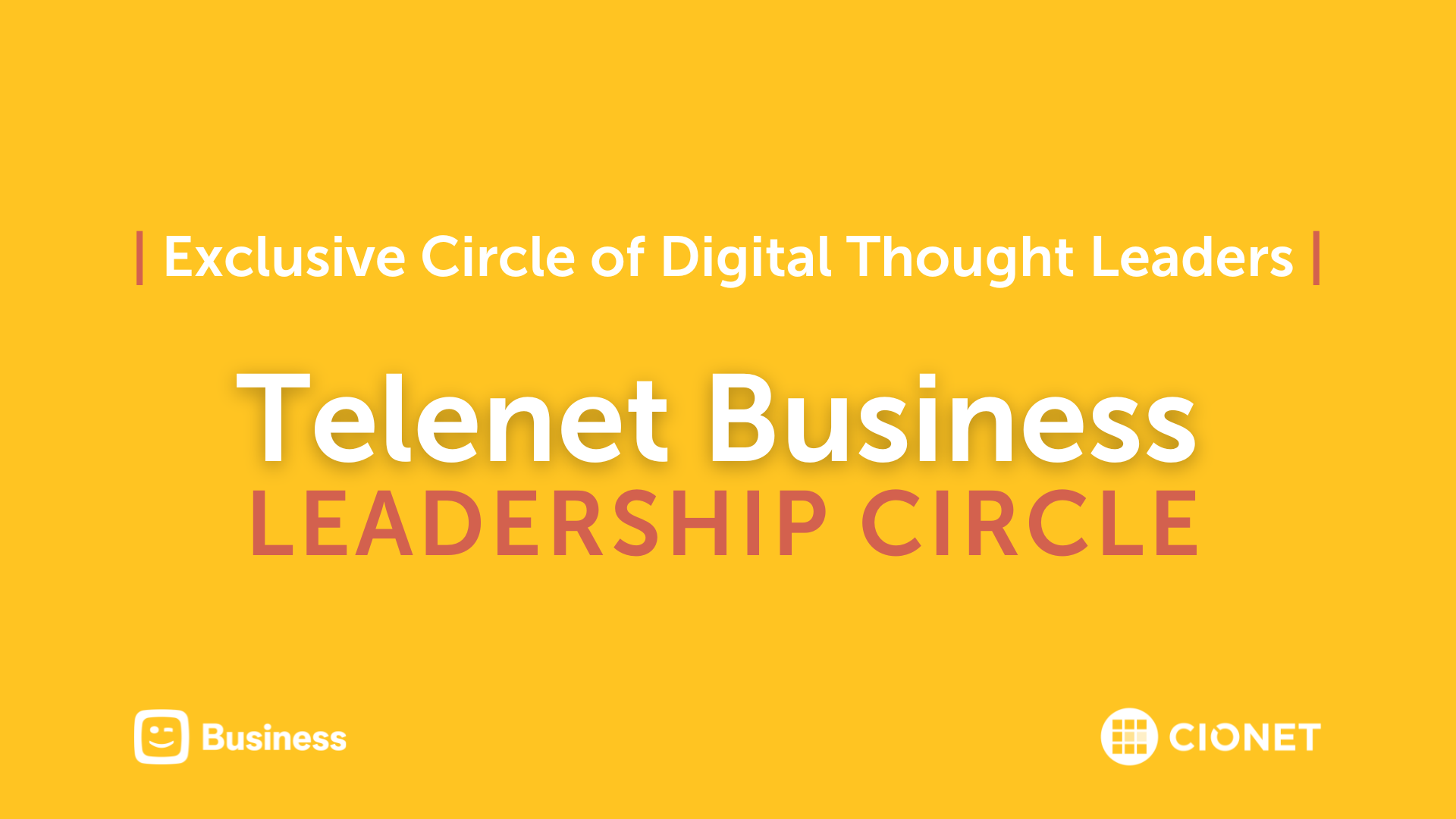
The Telenet Business Leadership Circle powered by CIONET, offers a platform where IT executives and thought leaders can meet to inspire each other and share best practices. We want to be a facilitator who helps you optimise the performance of your IT function and your business by embracing the endless opportunities that digital change brings.
Read More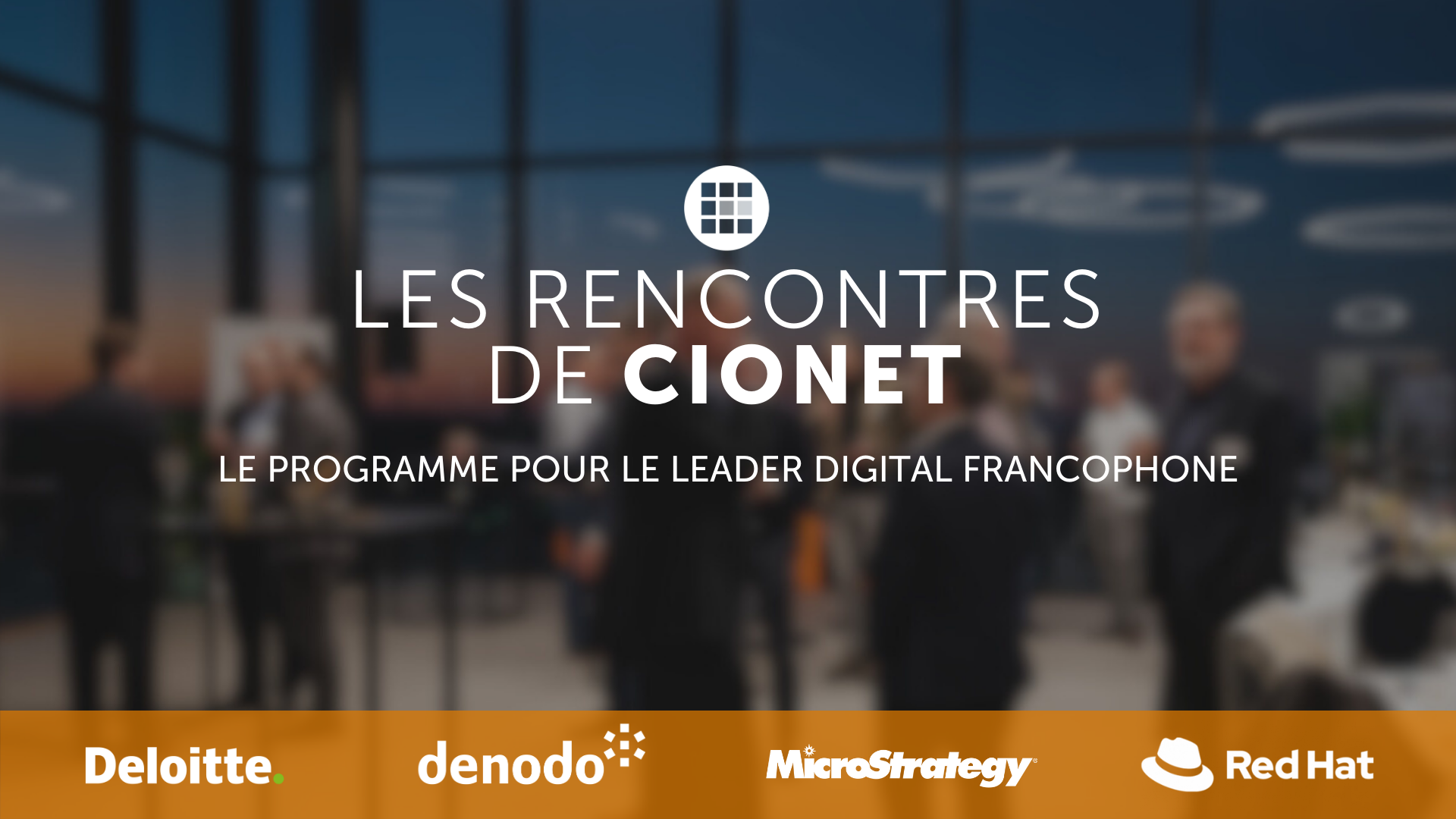
Découvrez la dynamique du leadership numérique aux Rencontres de CIONET, le programme francophone exclusif de CIONET pour les leaders numériques en Belgique, rendu possible grâce au soutien et à l'engagement de nos partenaires de programme : Deloitte, Denodo et Red Hat. Rejoignez trois événements inspirants par an à Liège, Namur et en Brabant Wallon, où des CIOs et des experts numériques francophones de premier plan partagent leurs perspectives et expériences sur des thèmes d'affaires et de IT actuels. Laissez-vous inspirer et apprenez des meilleurs du secteur lors de sessions captivantes conçues spécialement pour soutenir et enrichir votre rôle en tant que CIO pair. Ne manquez pas cette opportunité de faire partie d'un réseau exceptionnel d'innovateurs numériques !
Read More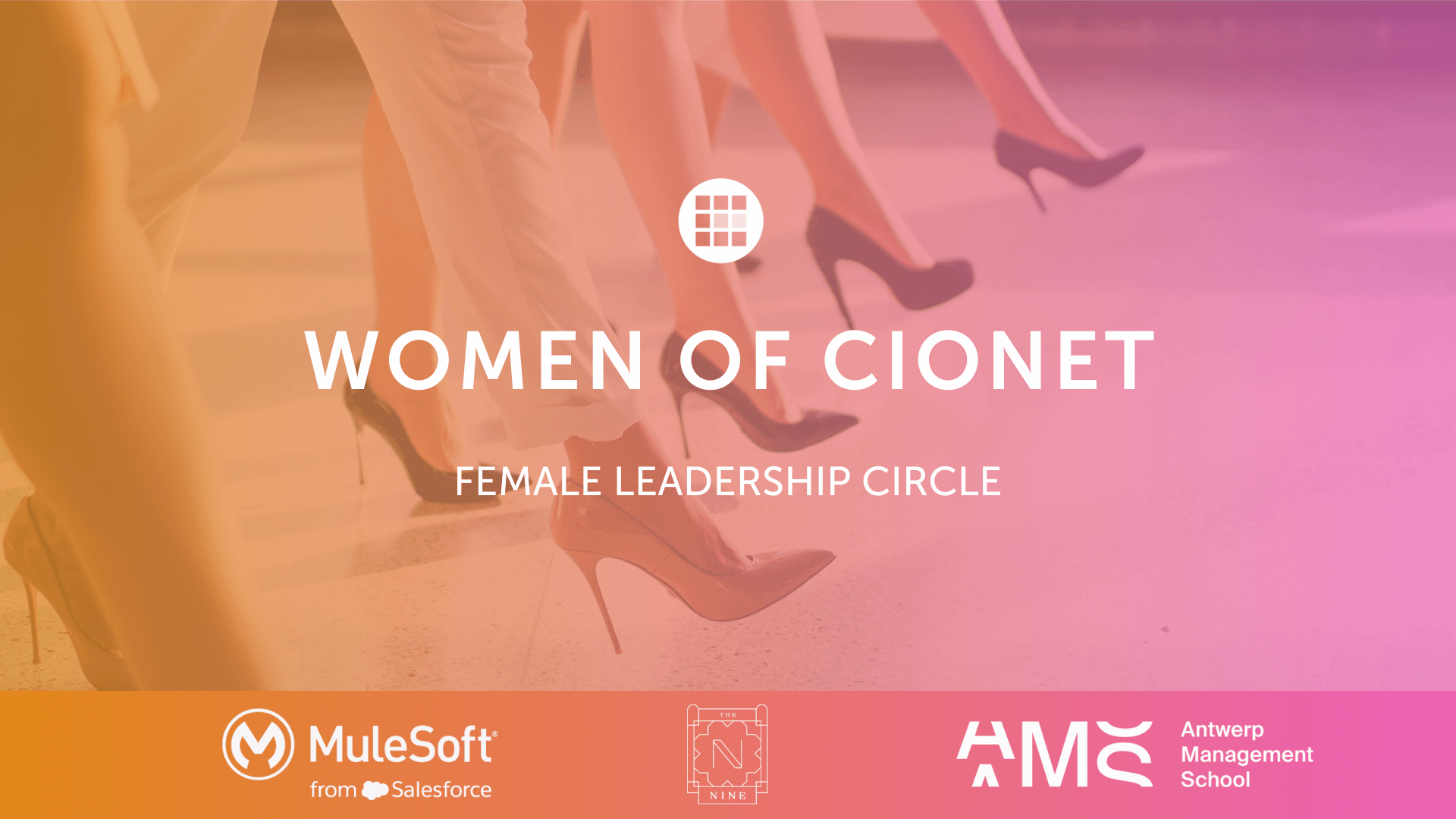
CIONET is committed to highlighting and celebrating female role models in IT, Tech & Digital, creating a leadership programme that empowers and elevates women within the tech industry. This initiative is dedicated to showcasing the achievements and successes of leading women, fostering an environment where female role models are recognised, and their contributions can ignite progress and inspire the next generation of women in IT. Our mission is to shine the spotlight a little brighter on female role models in IT, Tech & Digital, and to empower each other through this inner network community.
Read More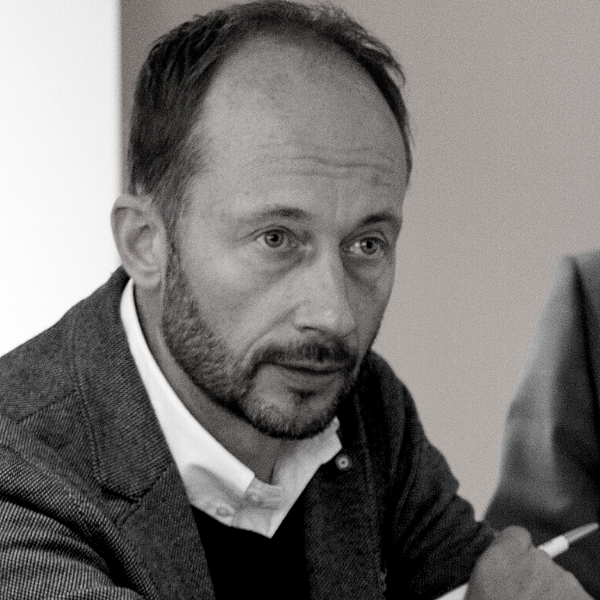


-Apr-01-2022-10-58-34-57-AM.png)



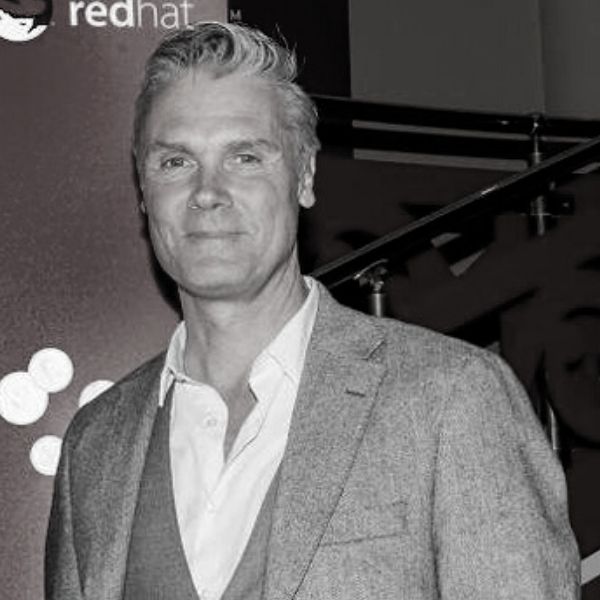





-Dec-13-2023-10-53-15-5032-AM.png)



-Jun-12-2023-01-23-11-7540-PM.png)

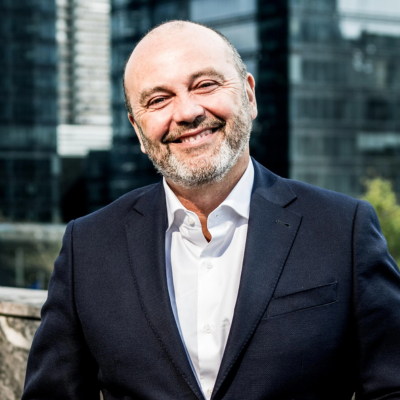

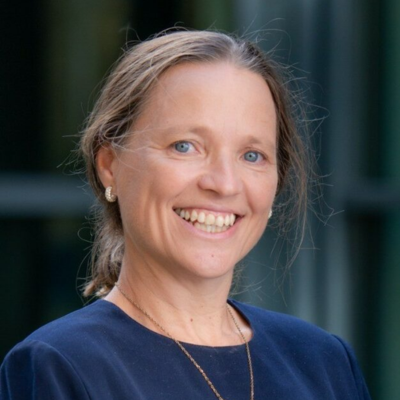
-Apr-01-2022-10-58-34-68-AM.png)






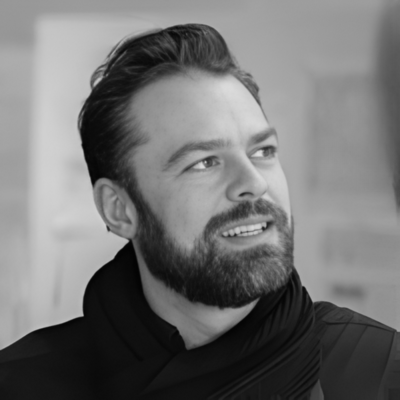

.png)







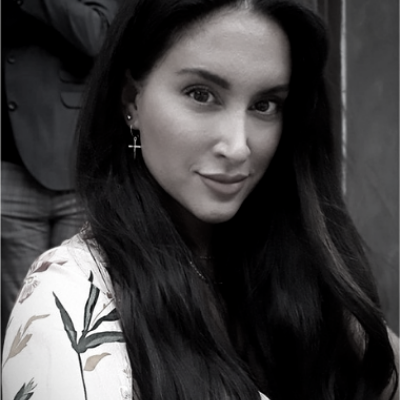

-Sep-01-2022-02-47-55-60-PM.png)
-Nov-22-2023-08-56-42-6802-AM.png)
.png)

Would you like to know more about CIONET Belgium, membership or partnership opportunities? Do you have feedback or any other question? Send us a message!
You can either send us a registered handwritten letter explaining why you'd like to become a member or you can simply talk to us right here!